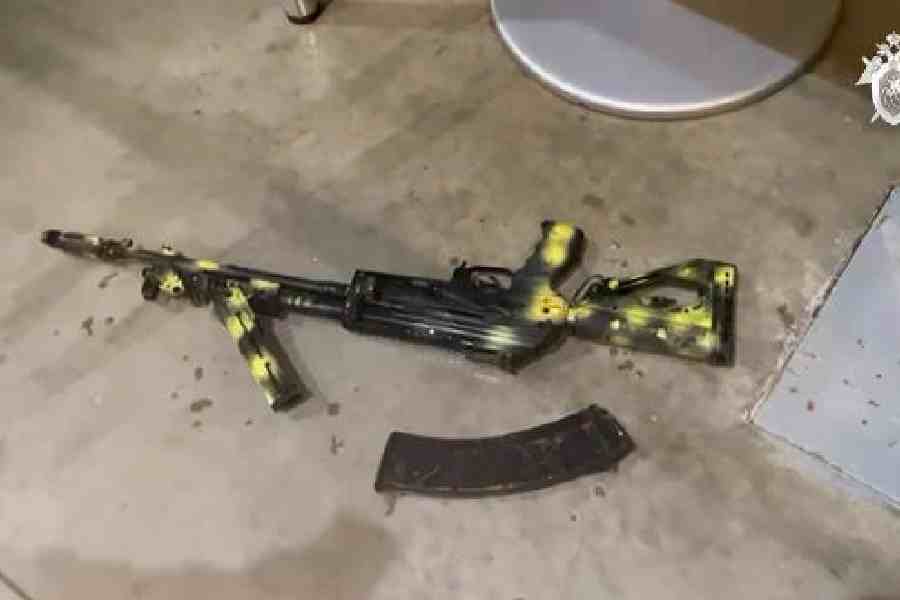The group that claimed credit for the deadly terrorist attack in Moscow on Friday is the Islamic State affiliate in Afghanistan called Islamic State Khorasan Province, or ISIS-K.
ISIS-K was founded in 2015 by disaffected members of the Pakistani Taliban, who then embraced a more violent version of Islam. The group saw its ranks cut roughly in half, to about 1,500 to 2,000 fighters, by 2021 from a combination of US airstrikes and Afghan commando raids that killed many of its leaders.
The group got a dramatic second wind soon after the Taliban toppled the Afghan government that year. During the US military withdrawal from the country, ISIS-K carried out a suicide bombing at the international airport in Kabul in August 2021 that killed 13 US troops and as many as 170 civilians.
“ISIS-K has been fixated on Russia for the past two years” and frequently criticises President Vladimir Putin in its propaganda, said Colin Clarke, a counterterrorism analyst at the Soufan Group, a security consulting firm based in New York. “ISIS-K accuses the Kremlin of having Muslim blood in its hands, referencing Moscow’s interventions in Afghanistan, Chechnya and Syria.”
The attack raised ISIS-K’s international profile, positioning it as a major threat to the Taliban’s ability to govern.
Since then, the Taliban have been fighting pitched battles against ISIS-K in Afghanistan. So far, the Taliban has prevented the group from seizing territory or recruiting large numbers of former Taliban fighters bored in peacetime — among the worst-case scenarios laid out after Afghanistan’s western-backed government collapsed.
New York Times News Service











